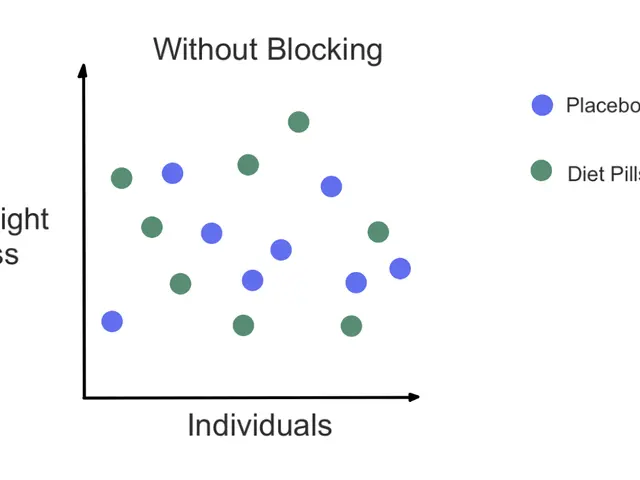Study: Urinary Incontinence Takes Heavy Mental Toll on Women
A study presented at the European Association of Urology congress, EAU21, has highlighted the significant mental health impacts of urinary incontinence on women. The research, led by Dr. Anna Müller and Dr. Lisa Schwarz, reveals that women with this condition face higher rates of depression, difficulty concentrating, and feelings of guilt and low self-worth.
The study found that women with urinary incontinence are 66% more likely to be diagnosed with depression and visit mental health professionals more frequently. They also reported their health status as bad, with 65% of cases indicating so. The condition's effects extend to cognitive function, with affected women experiencing greater difficulty concentrating.
Early identification and treatment of urinary incontinence can significantly improve or even cure the condition. This, in turn, may help alleviate its mental health effects. Clinicians are urged to ask women about their mental health when discussing urinary incontinence treatments, as the condition can have a devastating impact on those affected, predominantly women.
The research underscores the importance of addressing urinary incontinence not just as a physical health issue, but also as a matter of mental well-being. With appropriate treatment, women can overcome this condition and its associated mental health challenges.
Read also:
- Understanding Child Development: Causes and Signs of Delays
- Top Superfoods for Hormonal Health: Avocados, Berries, Flaxseeds, Turmeric, and Cruciferous Veggies
- Pope Francis' New Book 'Let Us Dream' Offers Unity and Hope for Post-Covid World
- Stephanie Estremera Gonzalez: From Medical Assistant to Residential Manager at The Point/Arc







